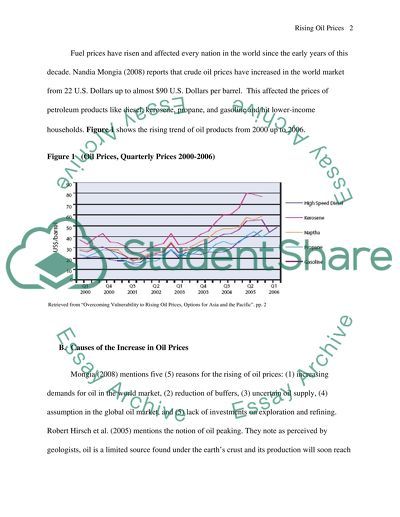Cite this document
(Rising Oil Prices: Benefits Amidst Rapid Fuel Inflations Research Paper, n.d.)
Rising Oil Prices: Benefits Amidst Rapid Fuel Inflations Research Paper. Retrieved from https://studentshare.org/macro-microeconomics/1507891-rising-oil-prices
Rising Oil Prices: Benefits Amidst Rapid Fuel Inflations Research Paper. Retrieved from https://studentshare.org/macro-microeconomics/1507891-rising-oil-prices
(Rising Oil Prices: Benefits Amidst Rapid Fuel Inflations Research Paper)
Rising Oil Prices: Benefits Amidst Rapid Fuel Inflations Research Paper. https://studentshare.org/macro-microeconomics/1507891-rising-oil-prices.
Rising Oil Prices: Benefits Amidst Rapid Fuel Inflations Research Paper. https://studentshare.org/macro-microeconomics/1507891-rising-oil-prices.
“Rising Oil Prices: Benefits Amidst Rapid Fuel Inflations Research Paper”, n.d. https://studentshare.org/macro-microeconomics/1507891-rising-oil-prices.


